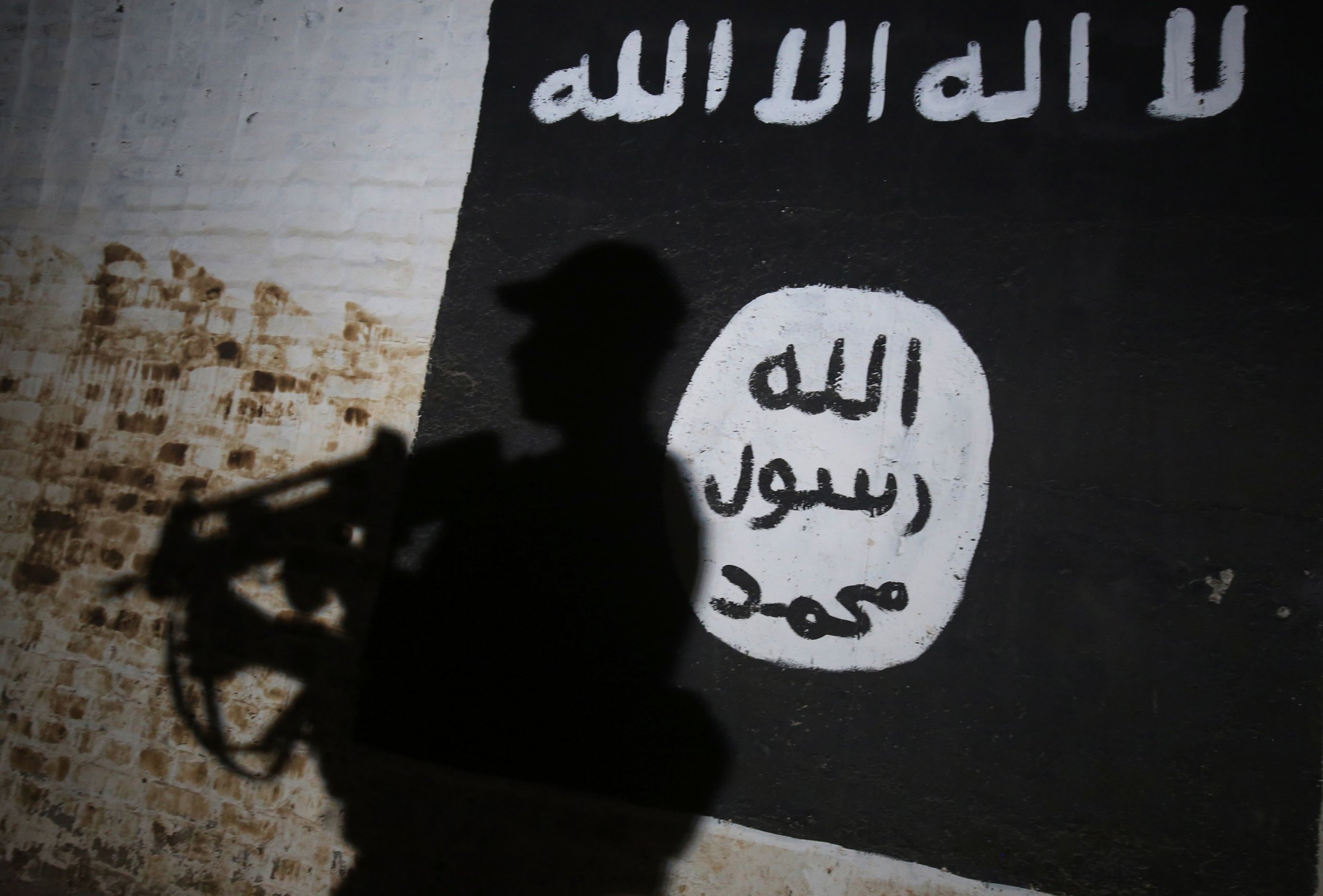
Scientists who began perfecting techniques to create chemical weapons for the Islamic State militant group (ISIS) are still at large and may still have access to equipment to make the deadly munitions, counterterror officials have said.
A former worker within ISIS's Chemical Weapons program, a program unrivaled in its ambition relative to those pursued by historic terror groups, has detailed the size and scope of the group's plans.
Intelligence gleaned from the individual's interrogation has led Kurdish officials to believe that many of the key elements and architects of ISIS's chemical weapons program remain out of reach for U.S. forces and their allies.
An unnamed Kurdish counterterror official told Stars and Stripes that ISIS's chemical weapons makers fled after U.S. airstrikes targeted the group's weapons facilities in 2016. By that point, ISIS was retreating on virtually all fronts and its positions were under intense pressure from bombardment in the build-up to the ground offensive against its de facto Iraqi capital, Mosul.
"To be candid, some of these people have disappeared, and they remain hidden," the official said. "We think they are in Syria. But we just don't know," the official was quoted as saying.
According to Columb Strack, a senior Middle East analyst for the intelligence provider Jane's by IHS Markit, ISIS carried out 76 chemical attacks over three years. The U.S.'s reaction to initial reaction to the some of the first attacks using mustard gas in August 2015 quickly crippled ISIS's chemical weapons capabilities.
In 2015 and 2016, at least two suspected Islamic State chemists were killed by U.S. forces. "It became a big deal," a retired U.S. participant in the campaign told Stars and Stripes on condition of anonymity. "We were looking for any kind of tips or clues that could lead us toward the sources of these weapons."
ISIS weapons never became particularly sophisticated. Experts identified their mustard gas shells lacked key ingredients that would prevent their degradation.
However, the experience militants gained in the early years of ISIS's self-styled caliphate means other groups could use the knowledge to perfect their use of chemical weapons in the future.
"There are jihadists all over the world who will have access on the dark web to all this stuff," Hamish de Bretton-Gordon, a chemical weapons expert who led rapid-response teams for NATO, told Stars and Stripes.
"The world's ultimate terrorist organization," de Bretton-Gordon said, "remains very interested in the ultimate terrorist weapon," he added.
Uncommon Knowledge
Newsweek is committed to challenging conventional wisdom and finding connections in the search for common ground.
Newsweek is committed to challenging conventional wisdom and finding connections in the search for common ground.
About the writer
Callum Paton is a staff writer at Newsweek specializing in North Africa and the Middle East. He has worked freelance ... Read more
To read how Newsweek uses AI as a newsroom tool, Click here.








